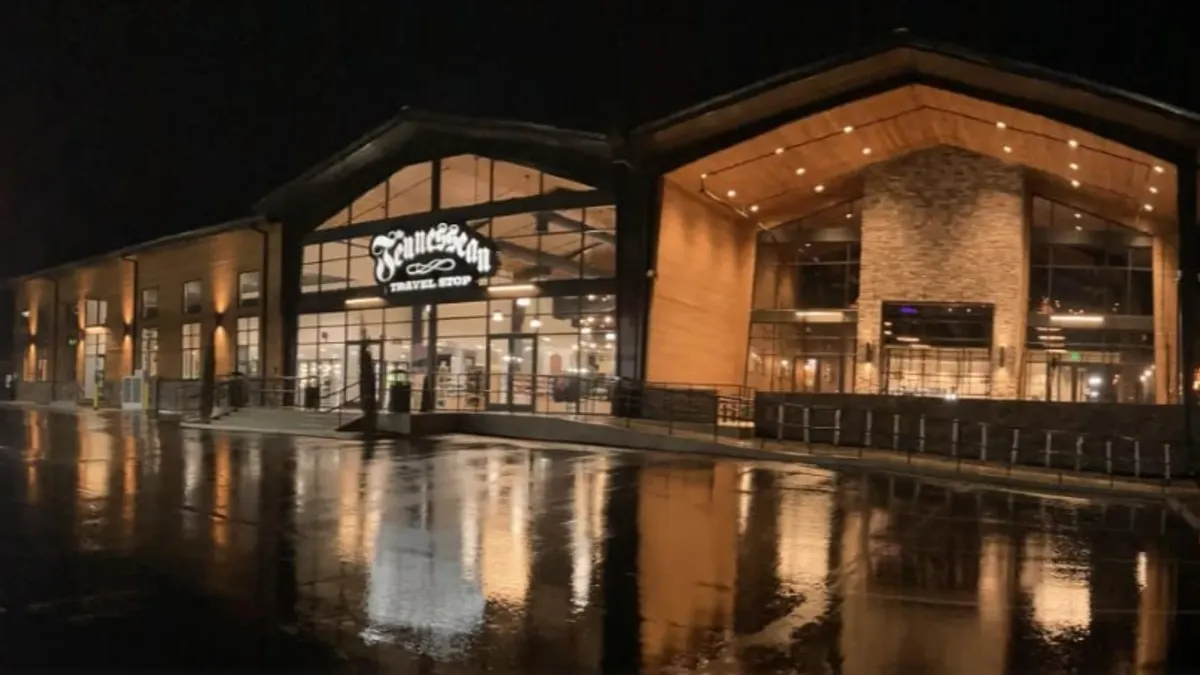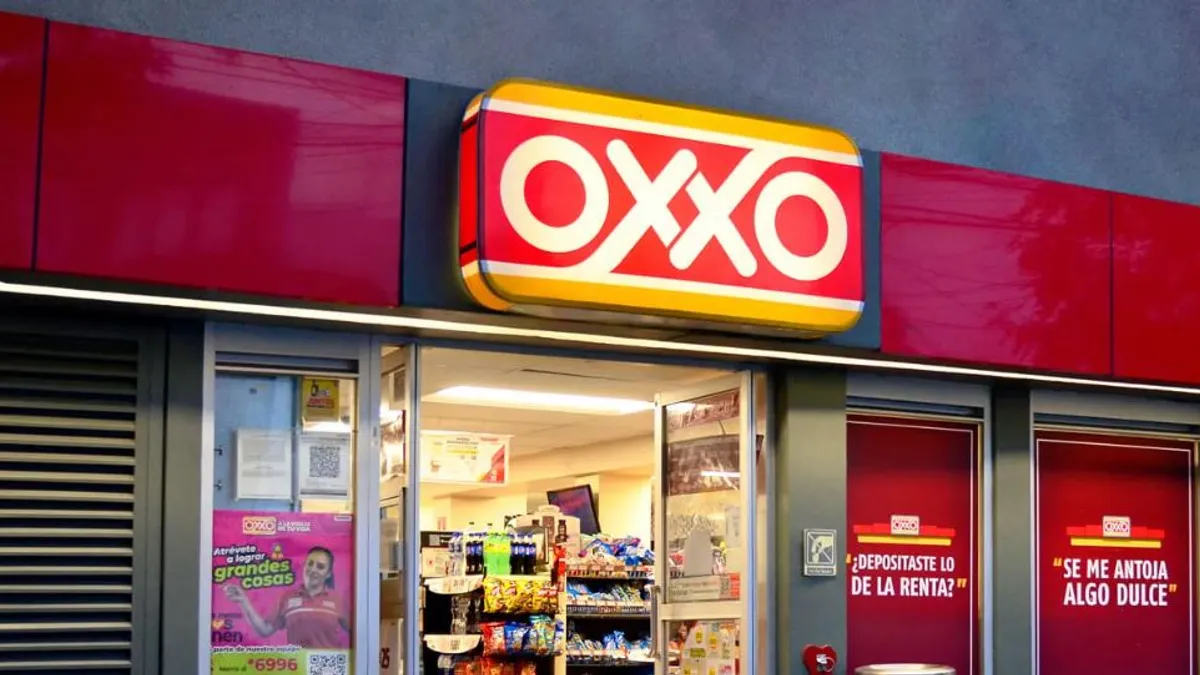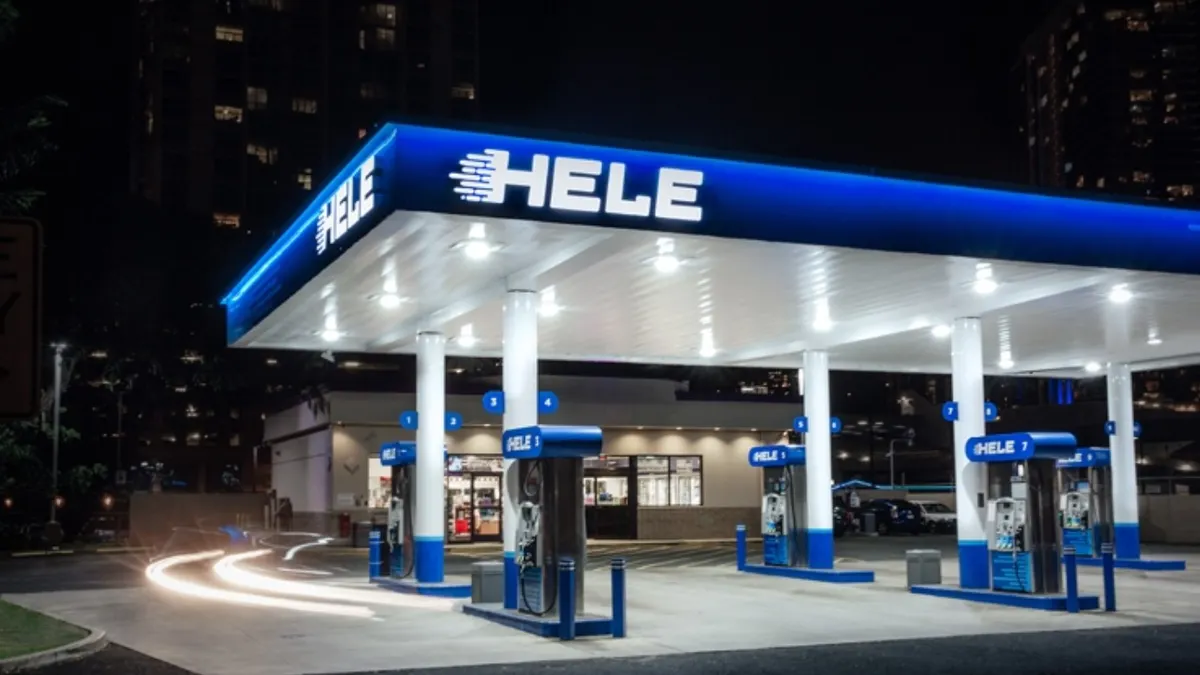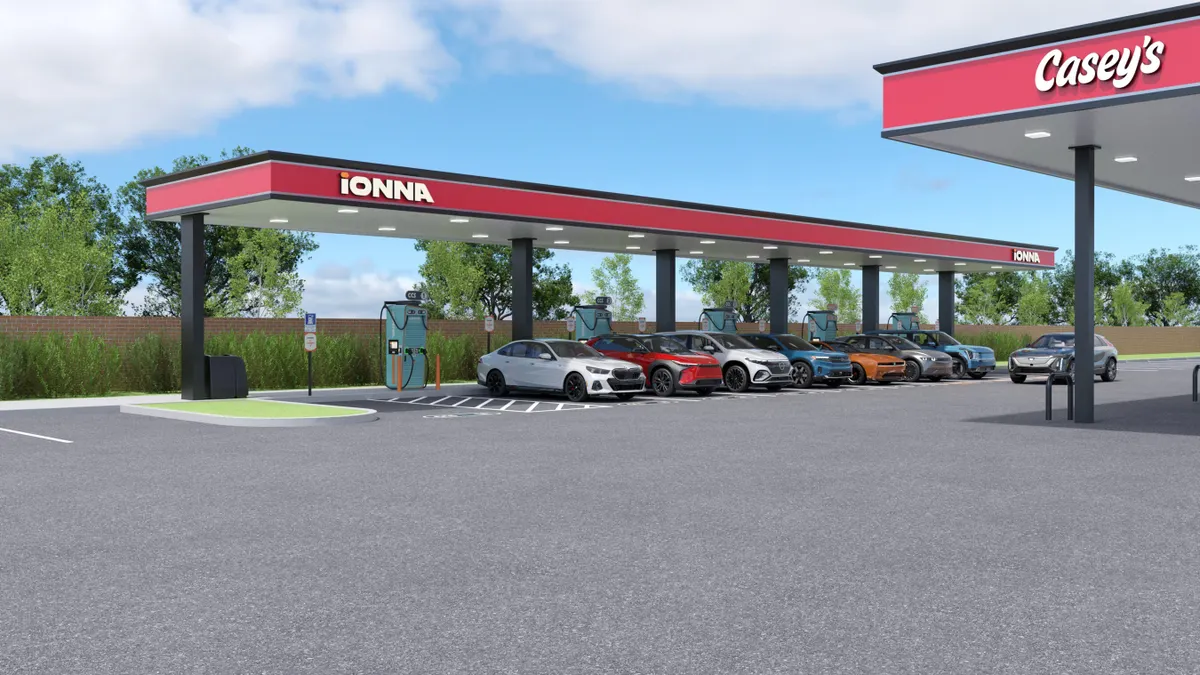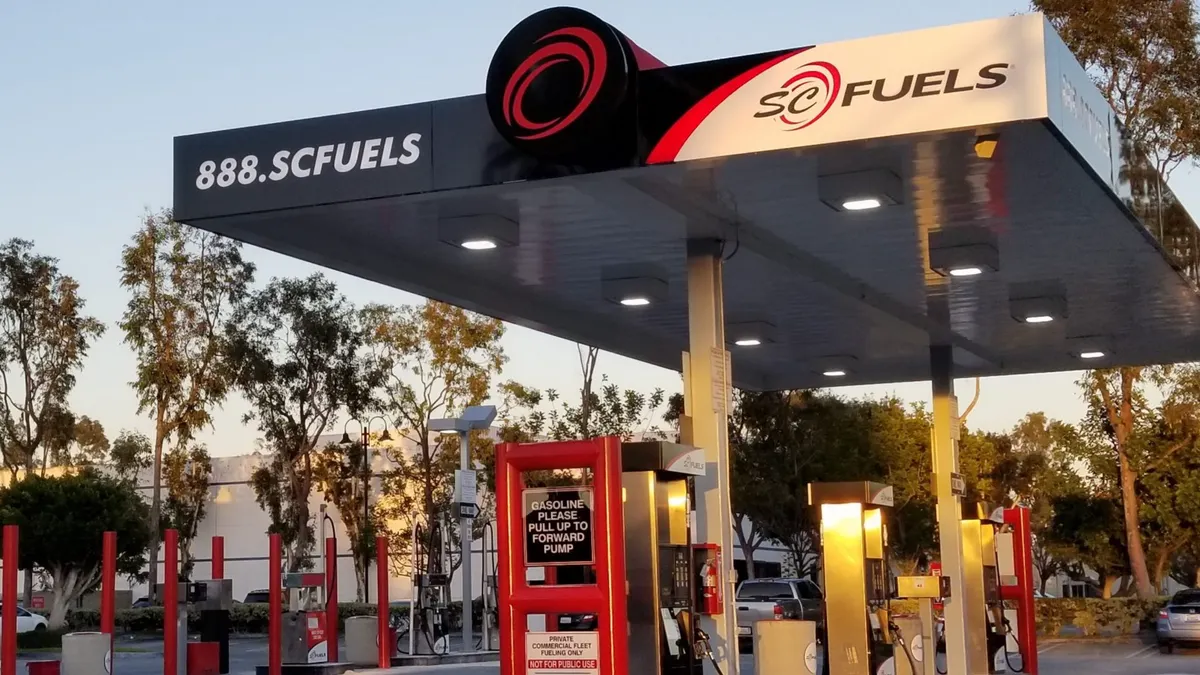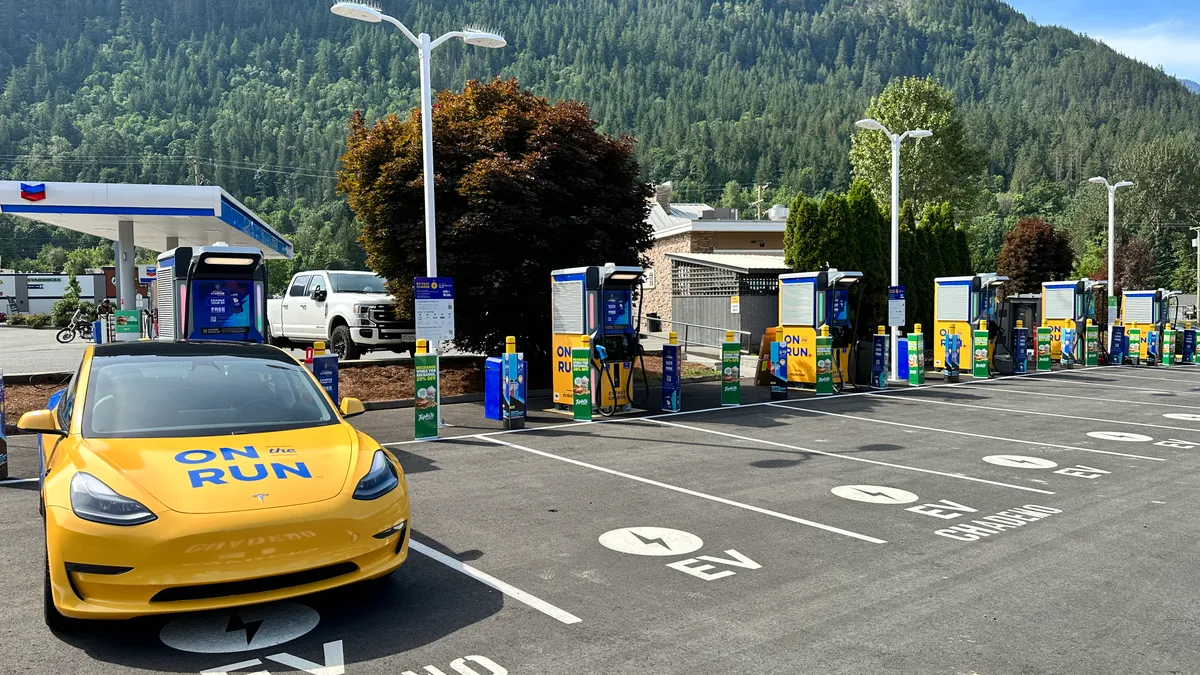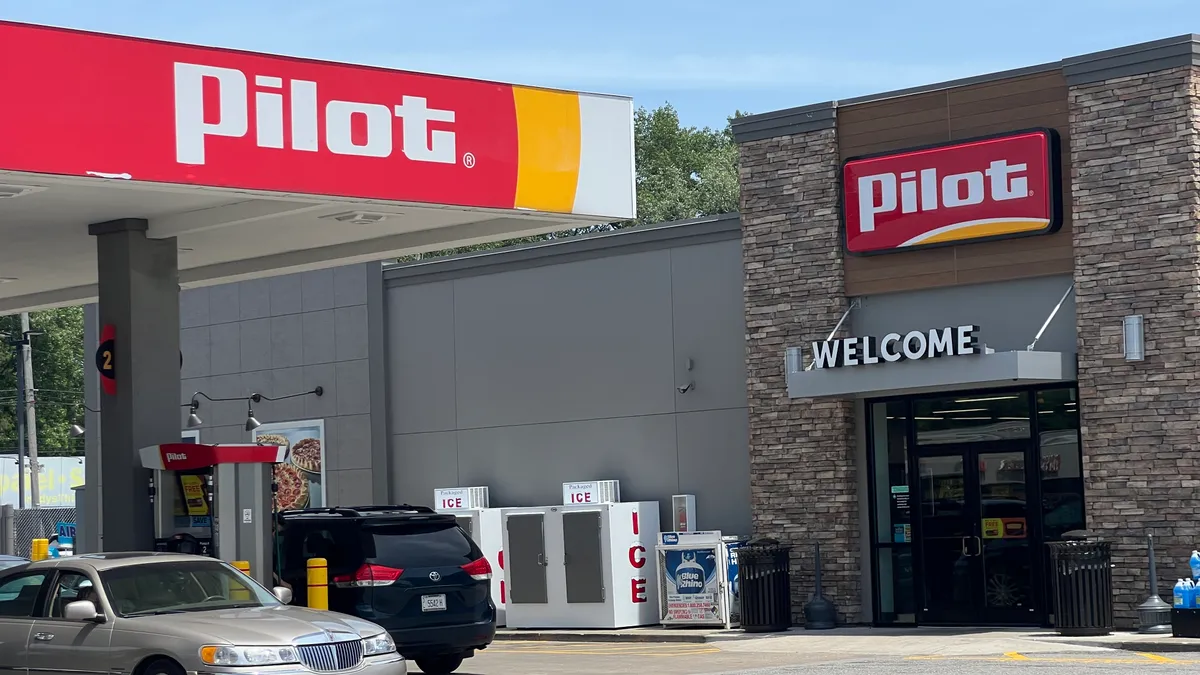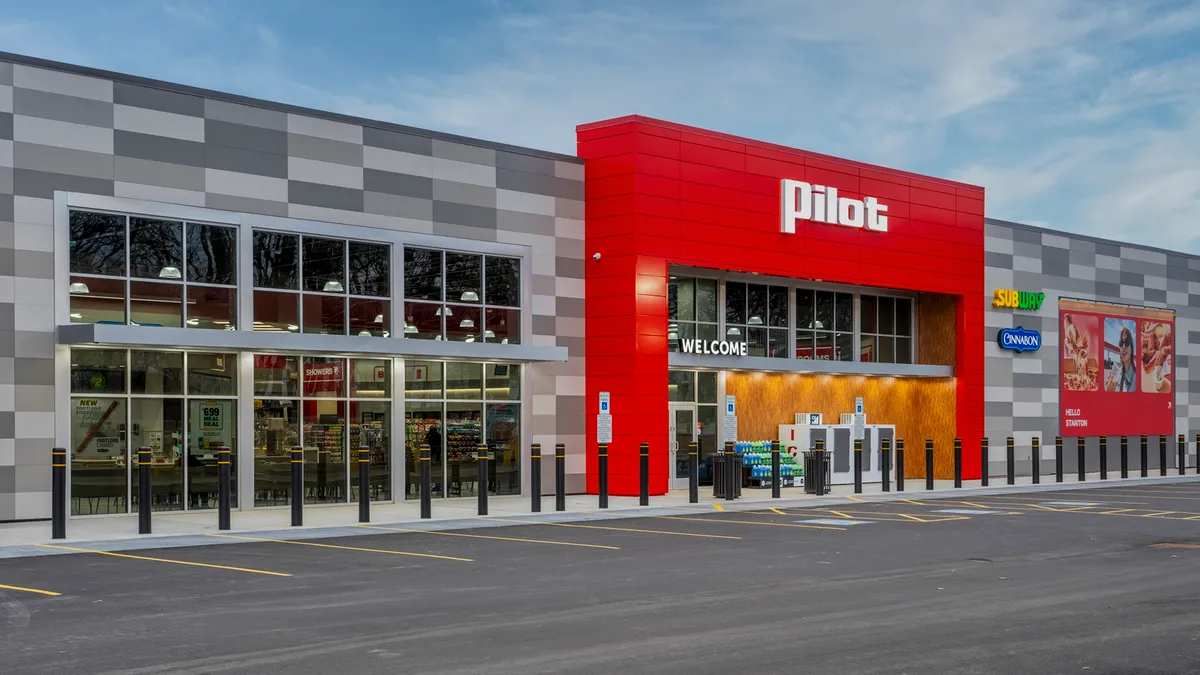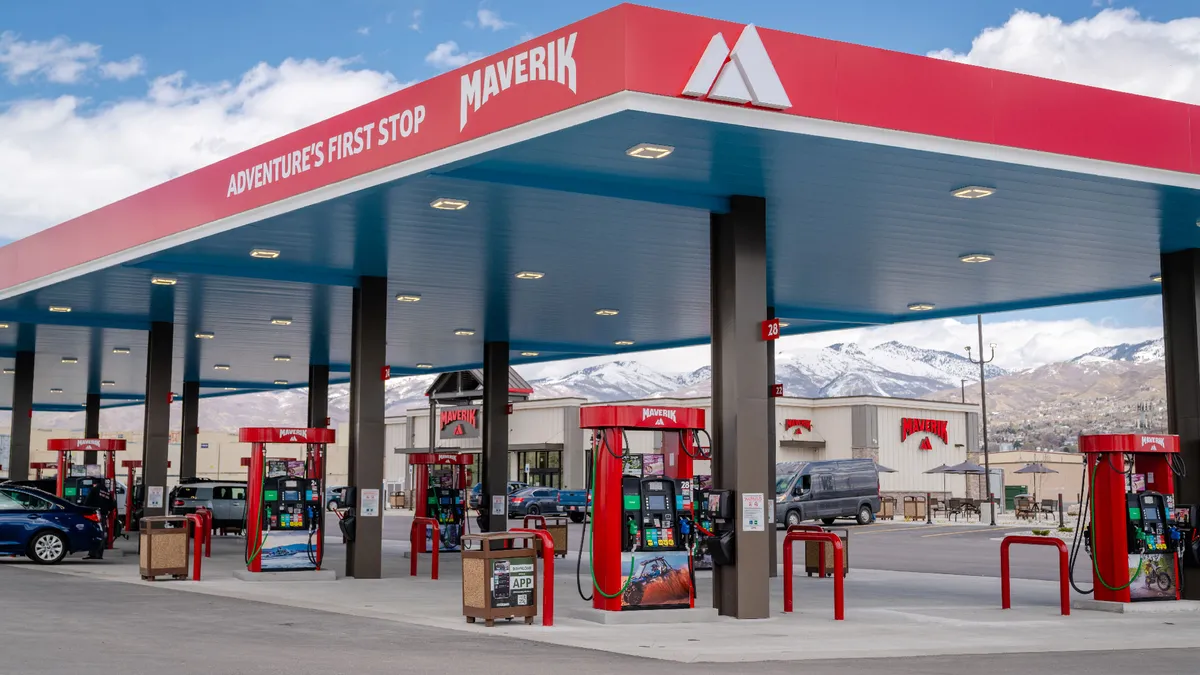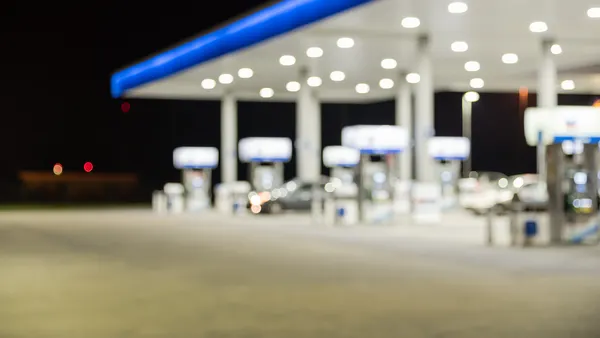Fuel giant BP sent shockwaves through the convenience industry last week when it acquired TravelCenters of America’s 281 locations for $1.3 billion. The acquisition, which is expected to close by mid-2023, brings BP’s U.S. c-store count to more than 1,500 locations. That number includes its Ampm and Thorntons sites, which the company has expanded since 2021.
After selling about 700 of its company-operated c-stores in 2007, BP’s moves over the past few years and its latest with TA mark major milestones in the company’s re-entry into fully owned and operated c-stores, once again making it a top player in the space.
Acquiring TA’s sites is a smart move for BP, experts say, as it diversifies the fuel retailer’s assets and improves its brand image in the eyes of consumers. As other major fuel companies around the U.S. look to do the same, BP’s latest move might spark the return of major oil companies getting back into fully owned c-stores.
“I think that what we’re seeing is part of the continuation of what you’re going to see more and more of — oil companies buying chains to get back into controlling sites,” said Roy Strasburger, a former c-store operator and current CEO of StrasGlobal, a retail services firm.
EV charging, truckstops and negotiating power
BP’s leadership has stated the deal will help the fuel company create a “mobility site of the future” that supports growing demand for lower-carbon mobility solutions. Beyond its convenience division, TA’s assets also will help BP boost its bioenergy, EV charging and hydrogen “growth engines” as it aims to become an integrated energy company.
When combining BP’s $1 billion electrification initiative with TA’s recent plans to open 1,000 charging stations over the next five years, the acquisition should establish BP as a big player in the alternative fuel space moving forward, Strasburger said. “I think that was a very intriguing, strategic move on behalf of BP.”
Since EV charging still is fairly new in general, there are not many brands that consumers feel loyal to when it comes to charging their cars, said Peter Rasmussen, founder and CEO of Convenience and Energy Advisors, a c-store consultancy.
In building up its EV charging network, BP has an opportunity to strengthen its brand in the eyes of EV drivers, he said. Having TA’s assets — such as its c-stores and full-service restaurants — can come in handy when those drivers have to wait on site while their cars charge.
“If they have retail skill with it, it certainly helps,” Rasmussen said.
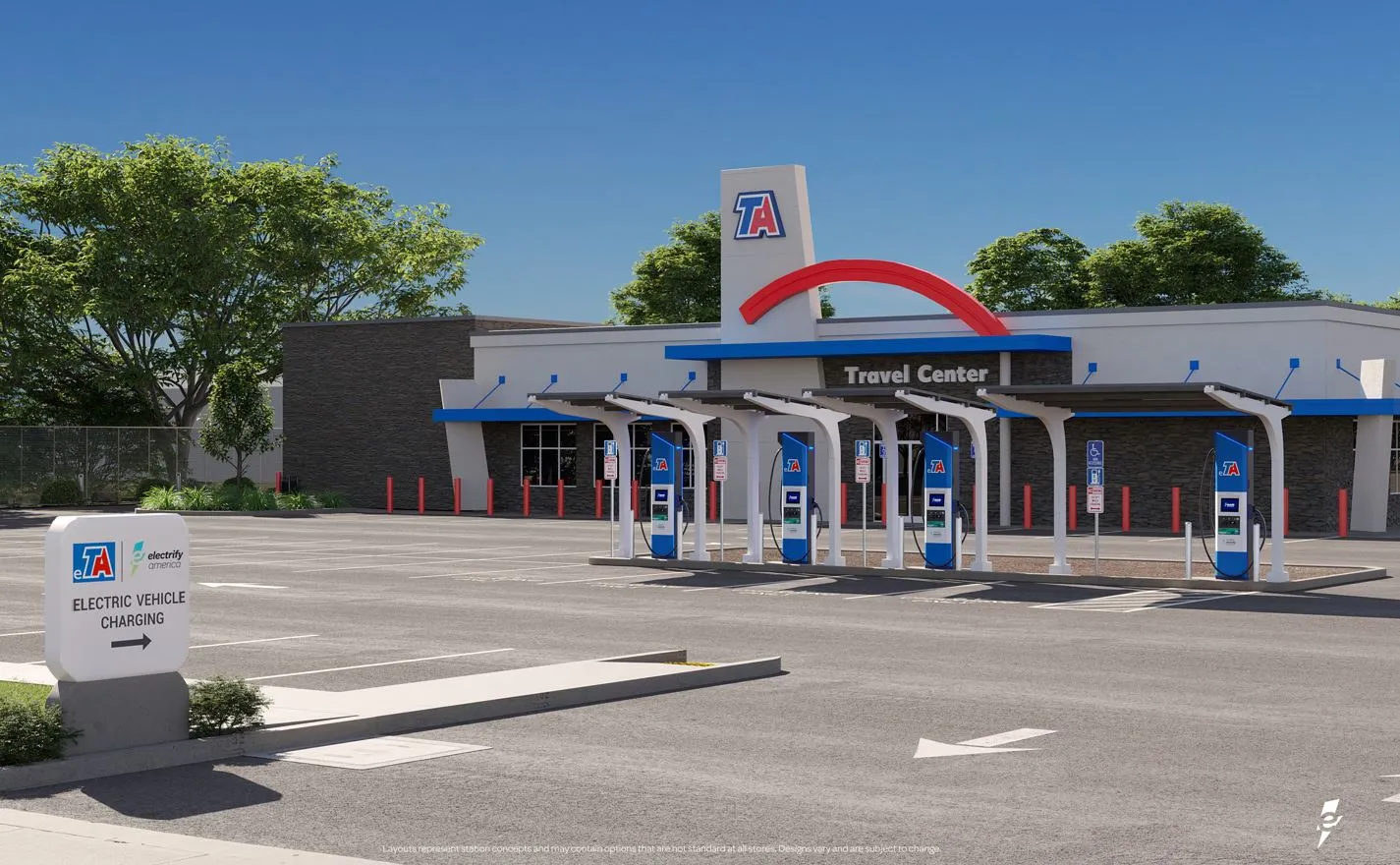
But for now, fuel is still around. And by acquiring TA, BP is placing itself in a “good negotiating position” to makes more fuel deals with retailers, since BP will soon have more of its own outlets with TA’s sites in its network, said Don Strenk, former BP executive and current president of Strenk Management Consulting.
“If BP didn’t have outlets to send their gasoline to directly, when the negotiation comes up with a contract — whether it be with Wawa or Costco — BP is in a tougher negotiating position,” Strenk said. “If they have the outlets themselves, they don’t have to negotiate for term contracts with these guys.”
Because of this, those retailers who purchase wholesale fuel on contract from BP should be worried in the aftermath of the TA acquisition, Strenk said. “Their negotiating position has just gone down a little bit.”
Another notable aspect of the acquisition is that BP is entering officially the travel center space.
While BP isn’t the only traditional retailer to have begun exploring large travel centers — QuikTrip, Casey’s General Stores and Wawa are all doing so — by acquiring TA, BP has gone from operating zero travel centers to 281, good for third-most in the U.S. behind Pilot Co. and Love’s Travel Stops & Country Stores.
“It’s a big step for BP,” Rasumussen said.
The return of big oil
BP, Shell and other oil companies exited the fully owned c-store business in the early 2000s as they saw greater return on upstream operations and less on downstream retail opportunities.
“They weren’t making a lot of money out of their stores, and their greater return on investment was coming from exploration, refining and selling it at wholesale,” Strasburger said. “So everybody sold off to rationalize that.”
The tides started to turn in the past few years though, as BP acquired over 200 Thorntons c-stores in 2021, while Shell purchased nearly 250 Timewise c-stores around the same time.
When asked if fuel companies will continue increasing their c-store assets, Strasburger said he thinks BP’s acquisition of TA is “just the tip of the iceberg,” as traditional oil brands look to increase their offerings in the face of electrification and the decline of fuel.
“The average consumer knows they can pull into any gas station and buy a gallon of gasoline and their car will run just fine,” he said. “So what the oil companies are going to have to do to differentiate themselves is customer service, image and the interaction with the customer on the ground.”
Strasburger foresees not just BP and Shell but also ExxonMobil and Chevron, eventually looking to acquire travel center chains such as Pilot and Love’s as well as small to midsize c-store operators moving forward.
“It’s the oil companies that have all the money, and it’s the oil companies that are going to outlast everybody else,” Strasburger said. “So I think it's going to be really intriguing to watch what happens.”
Rasmussen agrees that big oil companies will continue to acquire c-stores, noting this will become a “hot topic” in 2023. Like Strasburger, he thinks the shift is due to oil companies needing to diversify their assets in the face of electric vehicles.
“It certainly would seem to make the most sense.”




